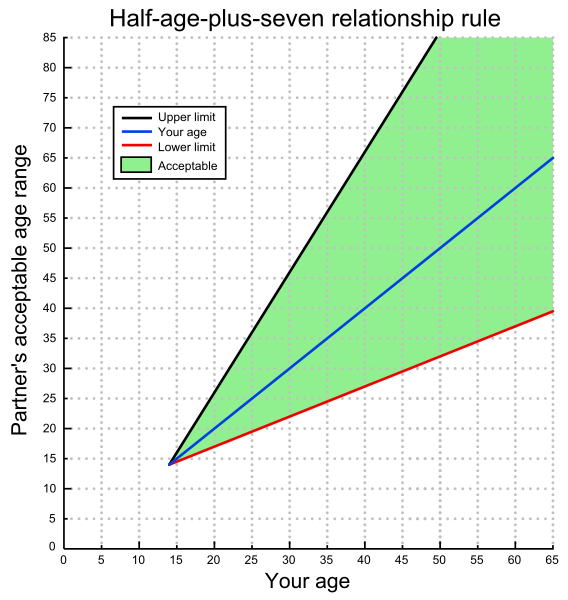Girls face double standard in relationship age gap
Gender affects society’s perception of large age differences
May 4, 2018
Half your age plus seven. For years, this has been the benchmark to answer the question “how big is too big of an age gap in a relationship?” According to The Independent, the saying dates back to 1901, written in a book by French author Max O’Rell, and was featured in the 1951 play “The Moon is Blue.”
Since its origin, this social phenomenon has been perpetuated by everyday people and celebrities alike. Many movie stars seem to have a partner years, even decades, younger than them on their arm. But, one aspect the impacts the social perception of these age differences is the genders of the people in the relationship.
Susan Winter, a professional life mentor, spoke to The Independent about her thoughts concerning connotations associated with age differences. “Socially speaking in the western world, women have been granted liberty to unite with men five to 15 years older without anyone batting an eye. Conversely, when a man chooses an older mate he’s apt to encounter judgement and discrimination,” Winter said.
Many view a romantic relationship between an older man and younger woman more socially acceptable than the opposite situation, using derogatory names like “cougar” or “fox” to mock females that date younger males.
In 2001, a team of Dutch social psychologists from the University of Groningen examined desired minimum and maximum age ranges across different groups by approaching people in public spaces.
They found that women tended to prefer men who were around their age, give or take a few years. For men, what they considered an acceptable minimum age of a romantic partner decreased as they got older.
One likely cause for the double standard is the concept of gender roles. A recent Brown University study noted that an implemented social structure, in this case gender roles, determines the acceptableness of age differences in romantic partners more than any other factor.
This concept of gender norms implies that men are slated to be the protectors of their partners and must be older to accomplish that, while women are supposed to act more submissive. As a result of this, the “half your age plus seven” rule is just another example of a double standard.















